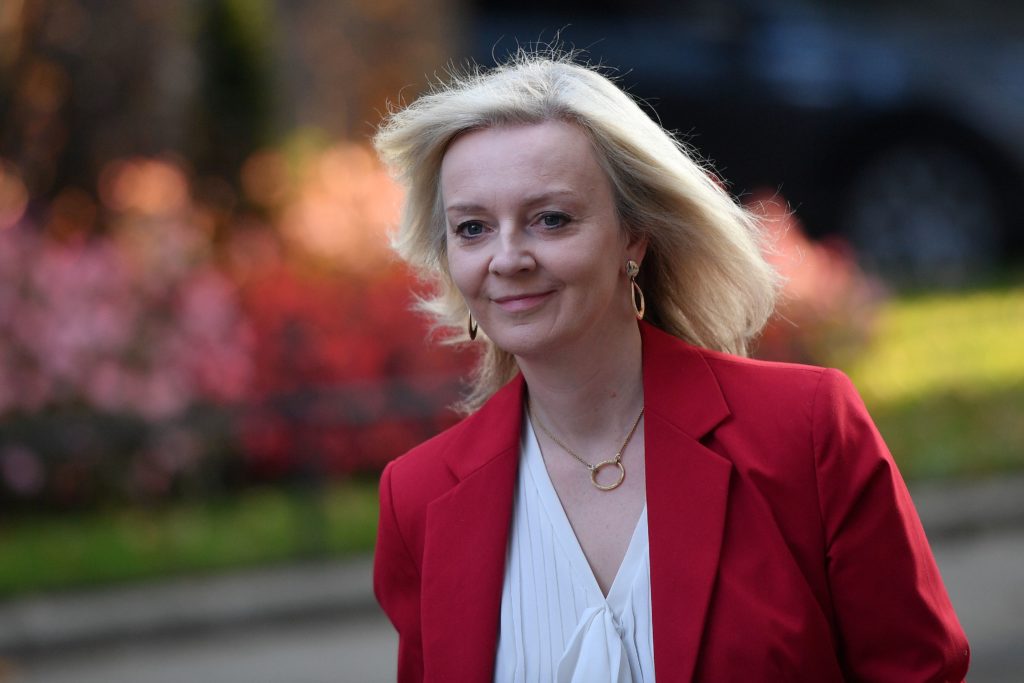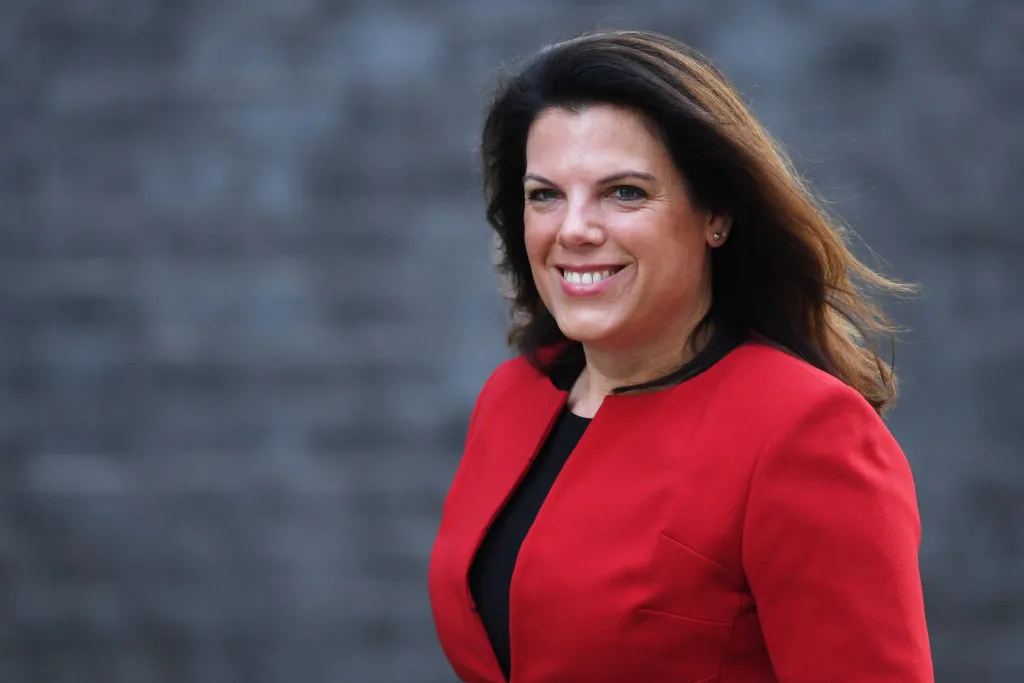Caroline Nokes, the Tory MP who chairs the women and equalities select committee, knows a UK trans inquiry “won’t be easy” but says the government’s gender-recognition reform announcement “felt like a standstill”.
The women and equalities committee announced the new inquiry into trans equality Wednesday (October 28).
It comes a month after the Conservative minister for women and equalities, Liz Truss, published the long-delayed results of the 2018 public consultation on the Gender Recognition Act (GRA).
“I think there was a measure of relief at the proposals that came out from government, that they weren’t going backwards,” Caroline Nokes tells PinkNews. “But in many ways, that’s not enough, is it? It felt pretty much like a standstill. And if you stand still, and everybody else makes progress around you, then effectively you’re going backwards, aren’t you?”
“I think we just felt that the response was light on detail,” adds Nokes, MP for Romsey and Southampton North.
"There were big questions around the three new gender clinics and whether they were new clinics or existing clinics, and how those clinics could contribute to a reduction in waiting times.”
UK trans inquiry hopes to find ‘clarity from government’.
The GRA consultation attracted more than 108,000 responses. The results revealed that an overwhelming majority (80 per cent) were in favour of de-medicalising the process of legal gender recognition for adult trans men and women. Three-quarters were in favour of dropping a requirement for trans people to provide “evidence” of living in their chosen gender.
But despite the results, Truss ditched plans to push ahead with sweeping reforms. Instead, she announced that the government would place the process online and reduce the £140 fee to a “nominal amount”. She also said she wants to make the gender-recognition process “kinder and more straightforward”.

Liz Truss has officially scrapped GRA reform. (Getty)
“Nobody could object to wanting the process to be kinder and more straightforward,” Caroline Nokes says. “But what we don’t know is how? How is it going to be kinder and more straightforward? What’s the fee going to be? You’re moving the process online – how long is that going to take? I think we just want to have some more clarity from the government.”
The women and equalities committee is a cross-party group of MPs who scrutinise the government on equalities issues. It last carried out an inquiry into trans equality in 2015, the results of which recommended reforming the GRA.
There’s clearly a great deal more that the government could be doing.
This new trans equality inquiry was “always on the cards” for the committee and is about “persuading the government to give us the details” about its proposed changes, Nokes added. The government is obliged to respond to any recommendations about trans equality the committee makes.
“There’s clearly a great deal more that the government could be doing in this area,” she continues. “It’s part of the committee’s job to keep scrutinising them, pushing them and getting the answers. And I know this isn’t going to be an easy inquiry.
“I don’t think any of us want to do anything that would in any way upset the trans community. And I’m very conscious that it is sometimes a really heated debate on both sides, with a quiet majority in the middle who just want to be allowed to get on and live their lives quietly.
“It’s our duty to make sure that their voices are heard, as well as the people who are more vociferous.”
Caroline Nokes will ‘point out to the government where we think they may have got it wrong’.
Anyone can submit evidence for the trans equality inquiry, and Nokes says that the committee will be very happy to consider but not to publish evidence if asked – “we have to be alive to the fact that this is people’s private lives”.
“Anybody is able to give evidence, any group can,” she adds. “In addition to stakeholders, it’s really important that we hear from a wide range of views. And it will be for the committee to scrutinise that evidence to consider what weight should be given to it.”

Caroline Nokes arrives at Downing Street on March 26, 2019. (Leon Neal/Getty)
There are no openly trans or non-binary MPs in the UK and so none on the women and equalities committee. “But that does not mean that there aren’t many people on committee who are trans allies,” says Nokes.
“I regard this as a role where it is our absolute duty to scrutinise government policy, and to point out to them where we think they may have got it wrong. And then it becomes a job of persuading them to our point of view, if indeed, we do come to the conclusion that they’ve got it wrong.”
The first part of the inquiry will look into the changes the government is proposing, Nokes says, and then a second phase will look at the Equality Act 2010 and whether there is “potentially conflict between different pieces of legislation”.
“I think it’s fair to say at this moment in time that we will go where the evidence takes us. And we’ll be considering what people have to say to us rather than approaching this with any preconceived ideas of what the committee wants to see.”
Is there a chance that the committee will recommend another public consultation on the GRA? “I would be surprised if they did,” Nokes clarifies.
“The 2018 consultation was very wide ranging, and it took the government a very long time to respond to the consultation. I’m not sure what would be gained by another consultation.”
The committee’s call for evidence is now open, and there will be a round of written evidence followed by oral evidence. The inquiry will publish its report summer 2021.
More: Caroline Nokes, gender recognition act, GRA Reform, liz truss, uk trans equality inquiry, women and equalities select committee

